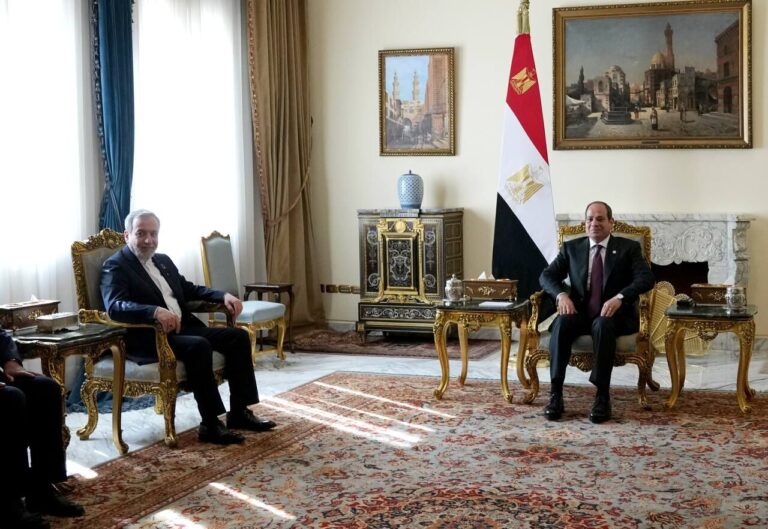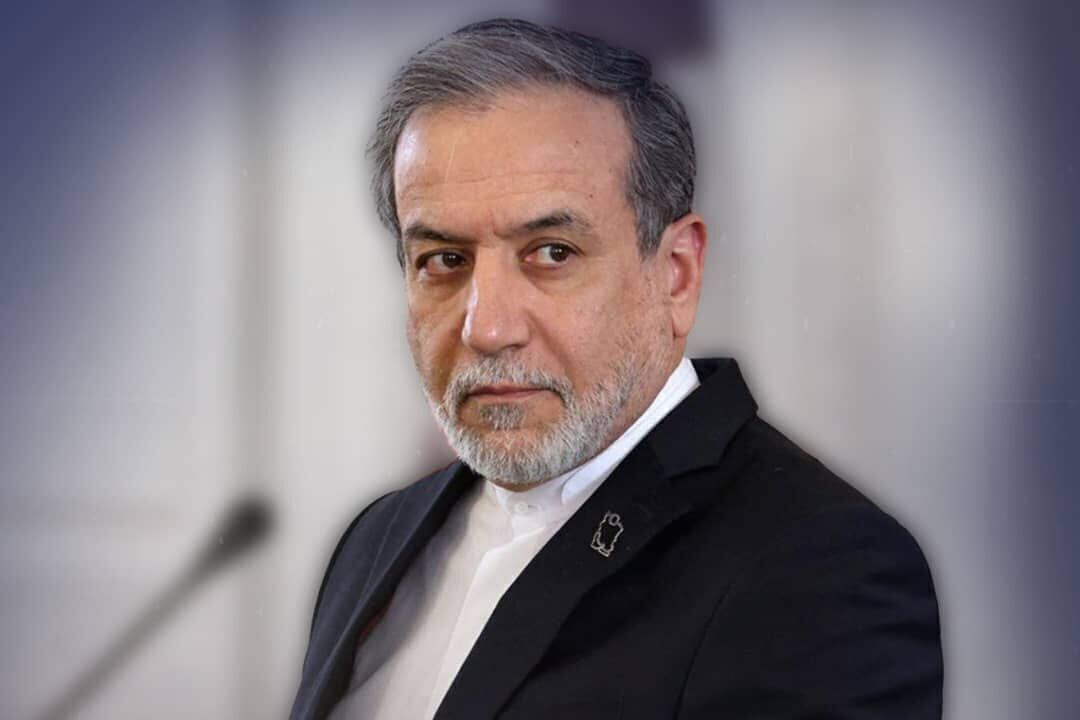
Similar Posts
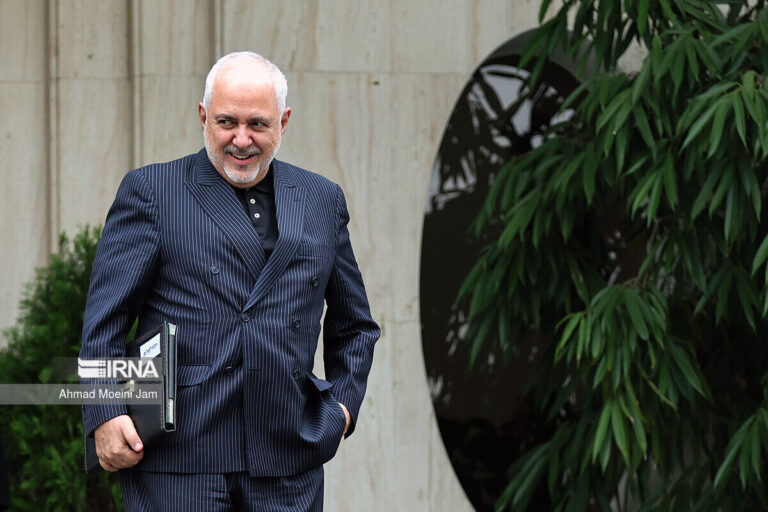
Iran’s Zarif: Lifting Sanctions, Not U.S. Negotiations, is Key to Solving Iran’s Challenges
Iranian Vice-President Mohammad Javad Zarif emphasized the Foreign Ministry’s efforts to strengthen ties with China, Africa, Russia, and neighboring nations, expressing skepticism towards the U.S. role in Iran’s foreign relations. He stated that the government aims to dismantle barriers to diplomatic engagement, reaffirming Iran’s commitment to avoiding nuclear weapons in light of a religious decree from Ayatollah Khamenei. Zarif criticized the impact of FATF regulations on international exchanges and mentioned ongoing discussions related to the Palermo Convention and terrorism. He also announced an upcoming visit to Iraq for a seminar, highlighting Iran’s focus on international collaboration amidst sanctions and regulatory challenges.

Iran Supports Initiatives to Enhance Global Peace and Security
In a recent phone call, Iranian President Pezeshkian and Turkmenistan’s National Leader Gurbanguly Berdimuhamedow focused on strengthening bilateral ties and regional developments. Pezeshkian emphasized the significance of peace and trust in enhancing economic, cultural, and political cooperation. He expressed optimism about the upcoming Joint Commission on Economic Cooperation, which aims to accelerate agreements between the two nations. Berdimuhamedow acknowledged the positive trajectory of relations and raised concerns about declining Caspian Sea water levels, urging a summit with littoral leaders. Both leaders reiterated their commitment to mutual support and collaboration, underscoring the importance of stability and cooperation in the region.
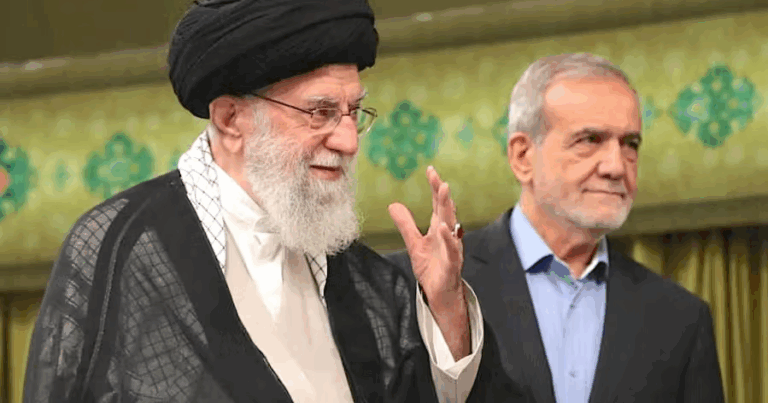
Khamenei’s Surprising Turn on Trump Talks Sparks Controversy and Criticism
Iran’s Supreme Leader, Ali Khamenei, has changed his stance on negotiations with the U.S., provoking controversy among Iranians who see it as a capitulation to external pressures. Critics argue this shift undermines Khamenei’s previous declarations that negotiating with the U.S. was dishonorable. As U.S. President Trump announced direct talks with Iran, skepticism among citizens grew, questioning the government’s narrative of indirect negotiations. Many perceive Khamenei’s actions as a response to internal unrest, fearing political collapse similar to historical figures like Gaddafi. Overall, there is a prevailing sentiment of humiliation among Iranians regarding their leader’s reversal on U.S. relations.
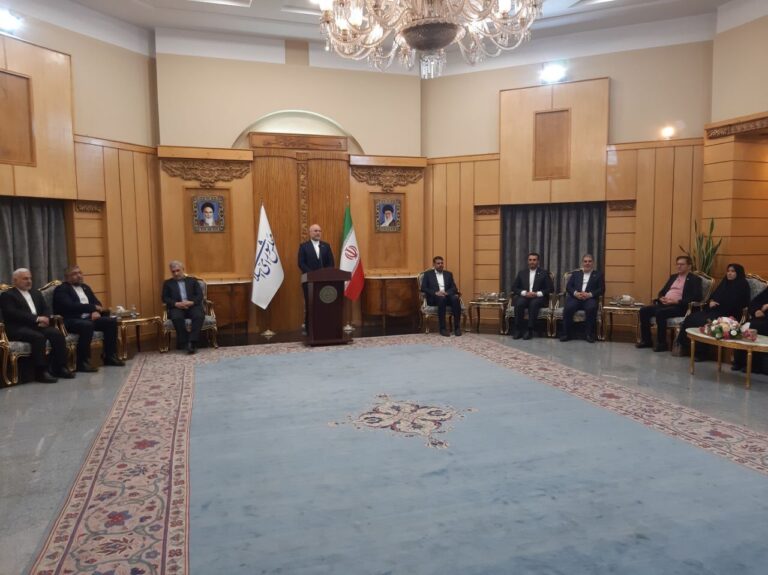
Parliament Speaker Declares Clear Path to Strengthen Economic and Cultural Bonds Among Islamic Nations
The 19th Parliamentary Union of the OIC Member States (PUIC) conference has strengthened economic and cultural ties among Islamic nations, according to Iran’s Parliament Speaker Mohammad-Baqer Qalibaf. Upon his return, he highlighted the conference’s role in facilitating crucial dialogues on topics like Palestine, economy, human rights, and women’s affairs. Qalibaf emphasized the unified stance of Islamic states against Israeli violations, coinciding with U.S. attempts to create discord in the region. He also noted Indonesia’s significant role in international organizations. Qalibaf held seven bilateral meetings with various countries to enhance cooperation and solidarity among member states.
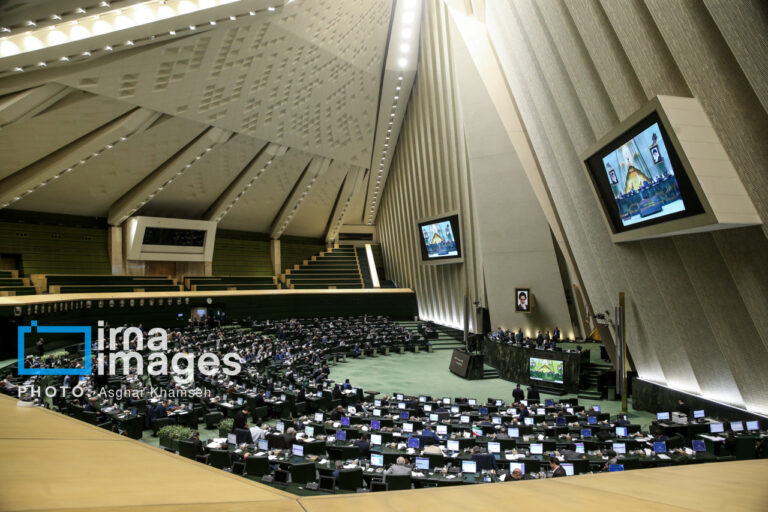
Iranian MPs Unite in Strong Rejection of European Parliament’s Anti-Iran Resolution
Iranian Parliament members have condemned a recent European Parliament resolution criticizing the Islamic Republic for alleged human rights abuses. During a session, lawmakers stated that the resolution attacks Iran’s judiciary and the Islamic Revolution Guards Corps (IRGC), reflecting an adversarial agenda. They emphasized Iran’s commitment to human rights, asserting that the country respects both domestic and international laws. Iranian MPs criticized the European Parliament’s interference, especially after the assassination of two Iranian judges, and warned that designating the IRGC as a terrorist organization would provoke a strong response. They urged the EU to reconsider its confrontational approach and seek dialogue.
